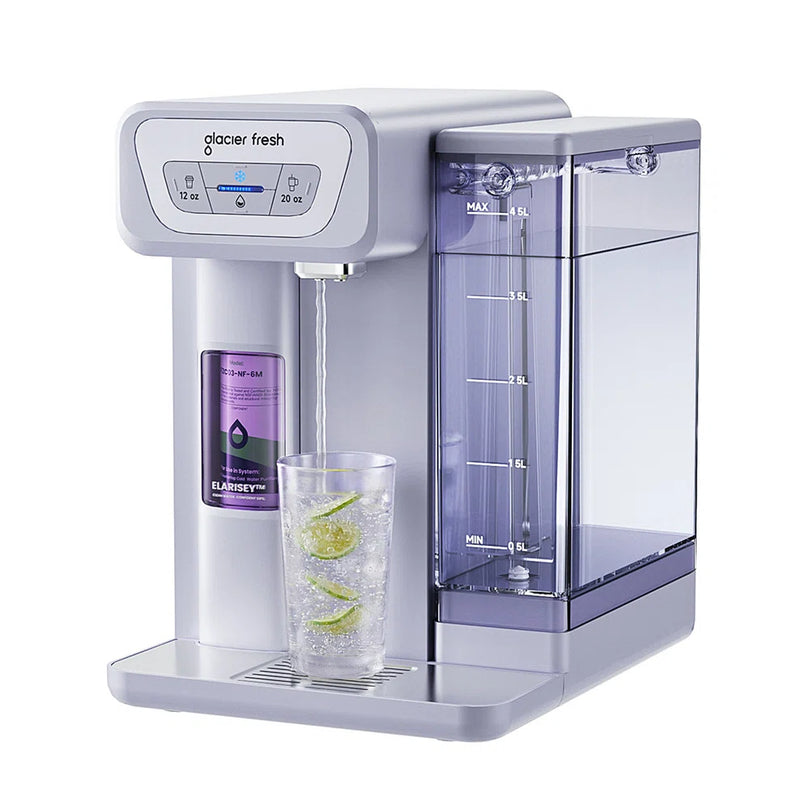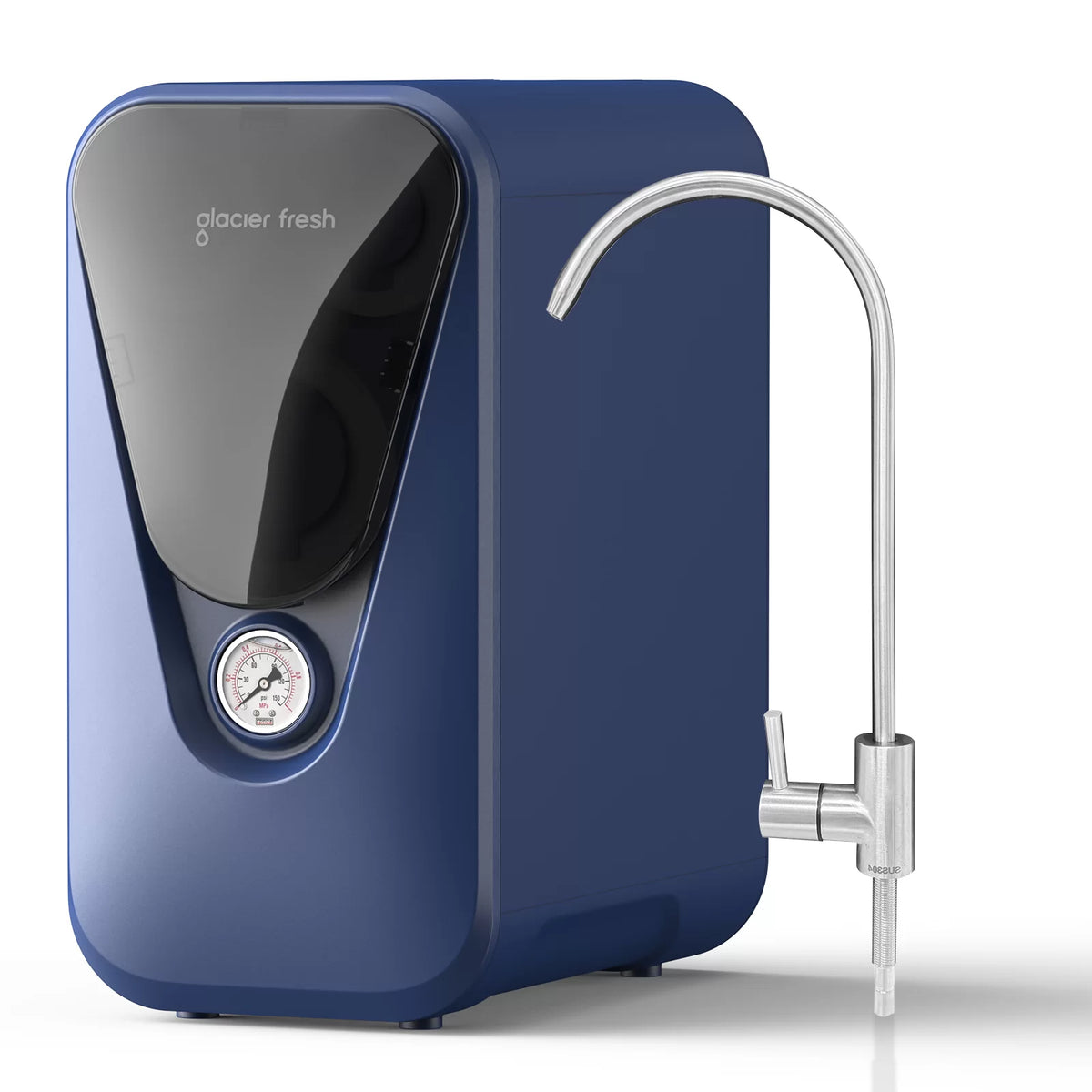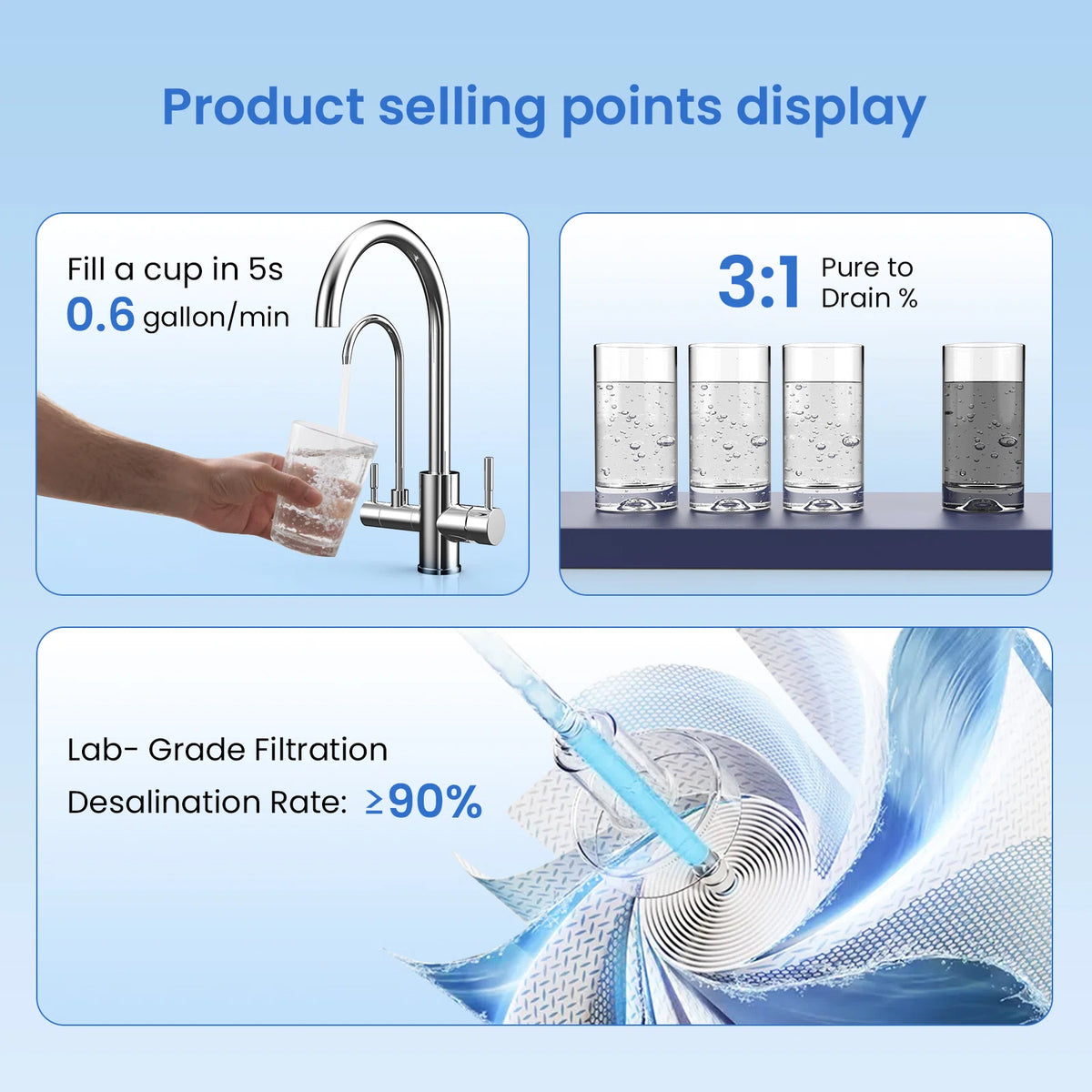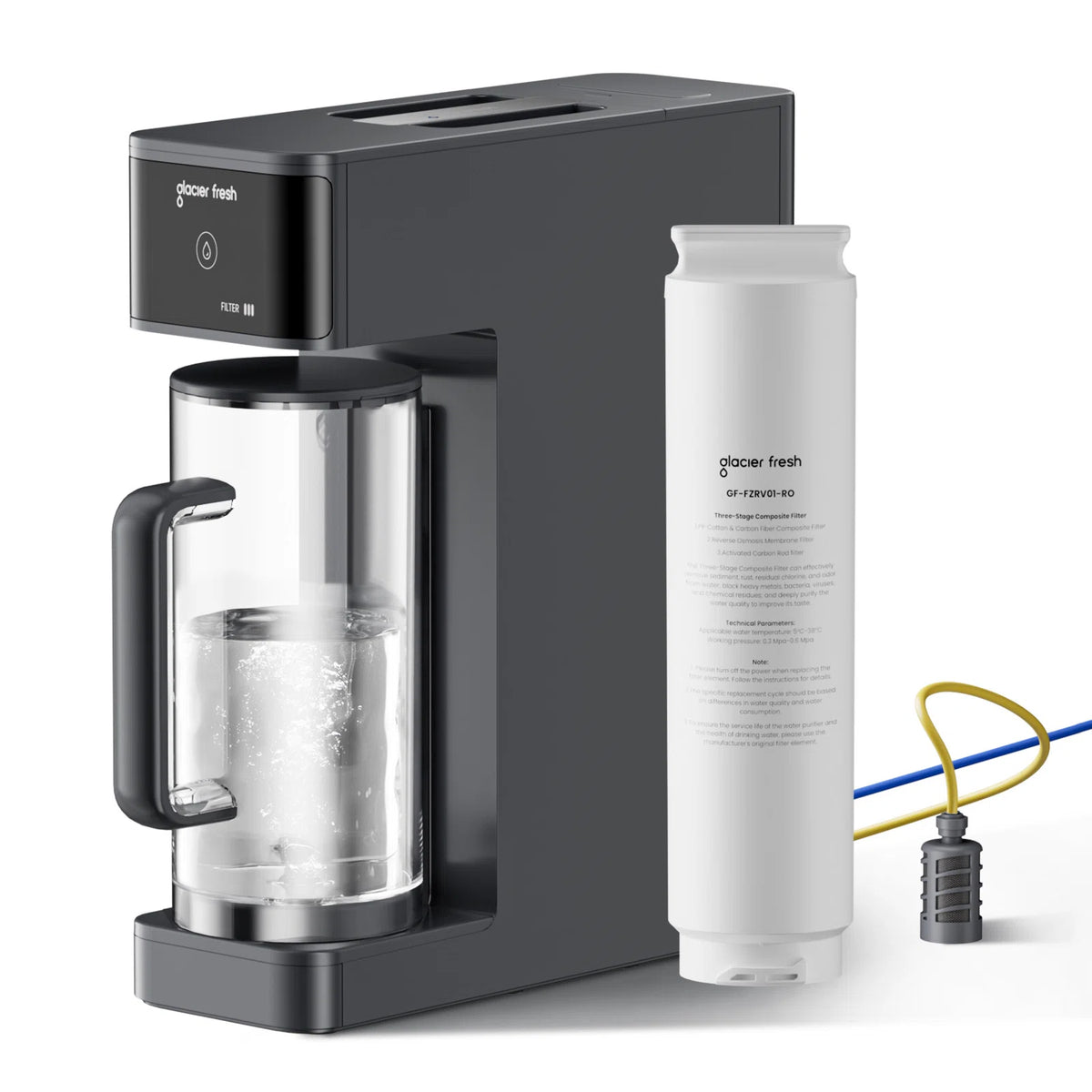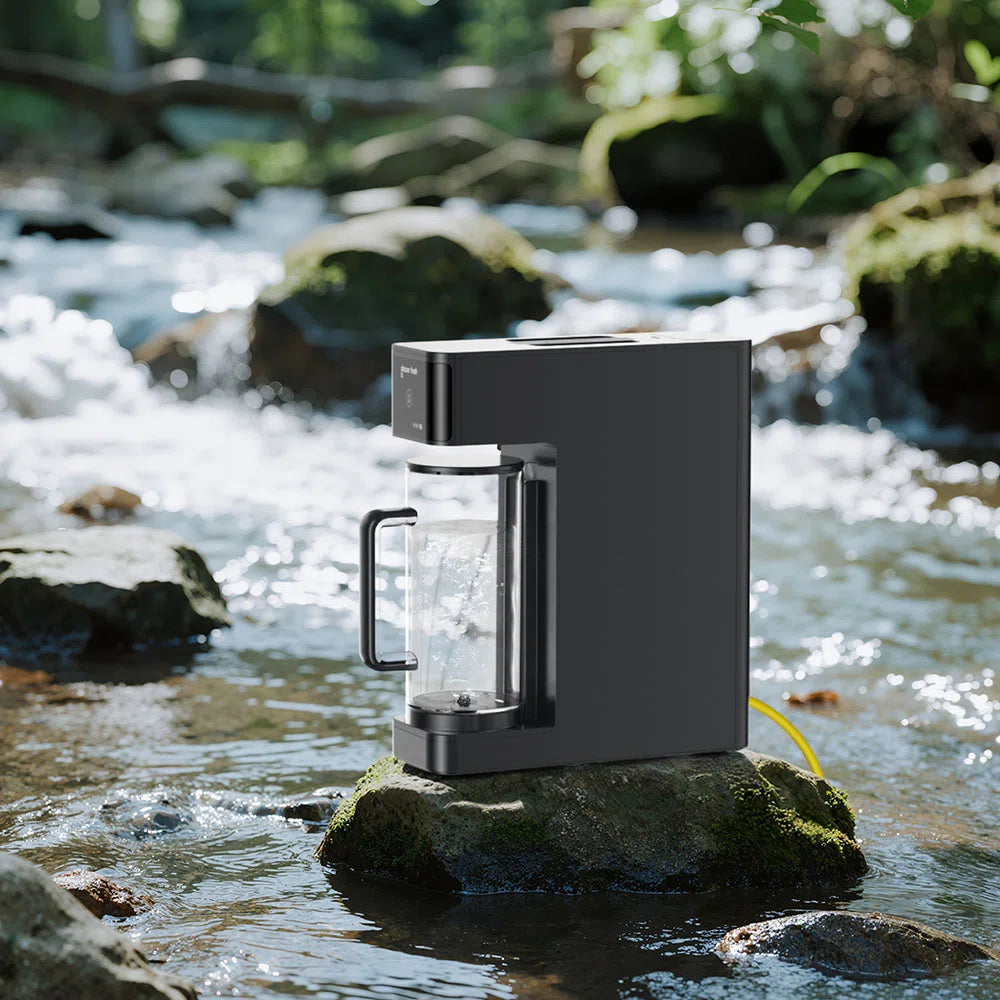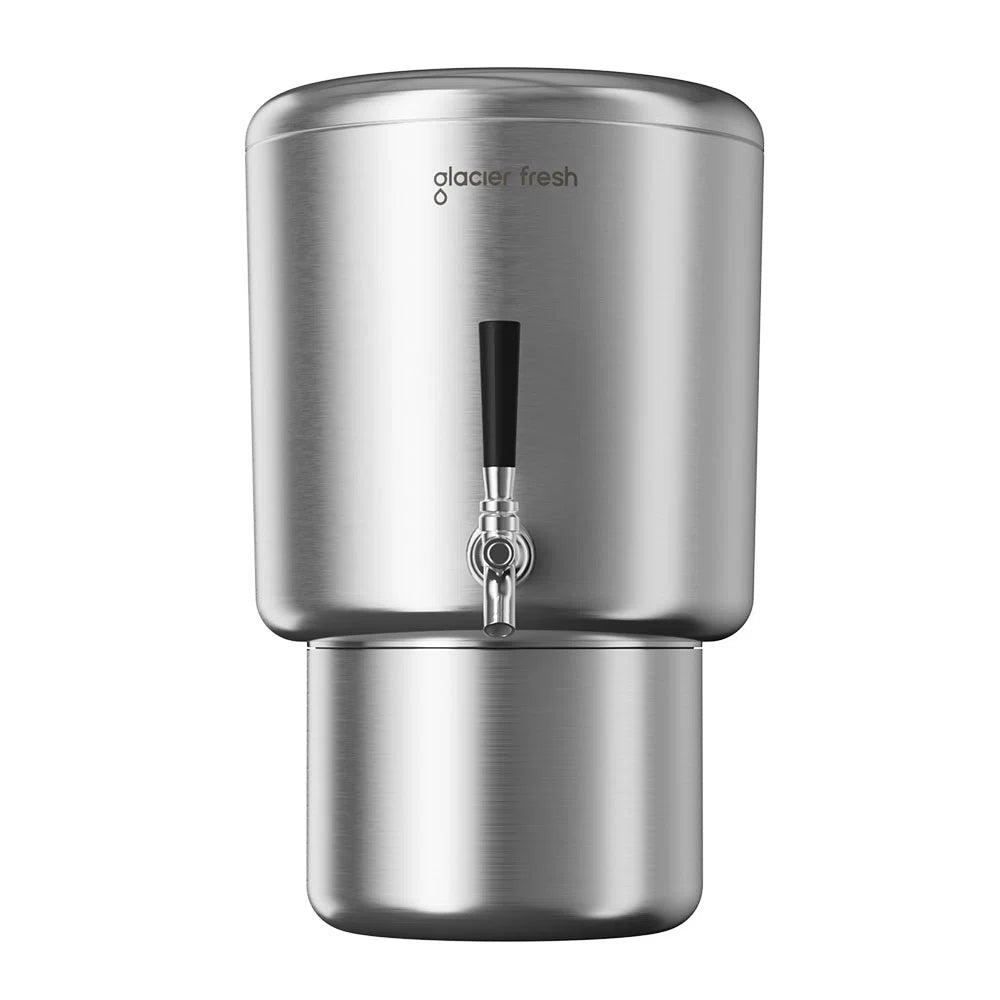Table of Contents:
Understanding the nutrition infants need
When to introduce water to infants
Types of water suitable for babies
How much water should babies drink?
The water alternatives and safety considerations of infants
FAQs
Conclusion
You've mastered diaper changes and conquered late-night feedings, and your little one is growing beautifully. But when it comes to hydration, you might wonder when's the right time to introduce water. Is it as early as three months, or should you wait for the six-month mark? And how much water is too much for a baby? Let's explore these questions and more, giving you the clarity you need for this new phase of your child's diet.
Understanding the nutrition infants need

While it's easy to assume that water benefits everyone, including newborns, it's vital to understand the unique nutritional needs of infants. Infant hydration differs significantly from that of adults. Babies get all the hydration they need from breast milk or formula feeding during the first six months of life.
Breastfeeding benefits are tremendous, providing all the essential nutrients your baby needs for developmental milestones. It's nature's perfect baby food, tailored to nourish your baby and protect them from diseases. Even formula feeding, while not as perfect as breast milk, is designed to closely mimic the mother's milk and provide necessary hydration and nutrients.
However, giving your baby water too early could disrupt the body's absorption of essential nutrients from milk and may even lead to malnutrition. Water doesn't contain the nutrients babies need, such as protein, vitamins, and minerals. It's also worth noting that their kidneys are mature enough to handle water once they're about six months old. So, hold off on that water a little longer and focus on providing the best nutrition for your baby.
When to introduce water to infants

Your baby's hydration journey takes a turn around the six-month mark. It's crucial to recognize early signs of baby readiness for water. It's often at this stage where pediatric advice comes into play, guiding you on when to introduce water to your infant.
Before this point, breastfeeding benefits and formula hydration cover your baby's needs. Your little one doesn't need additional water, mother's milk or formula provides all the necessary hydration and nutrients.
However, after six months, you can start introducing small amounts of water into your baby's diet. Water can aid digestion and introduce healthy hydration habits as your baby starts eating solid foods. But remember, water should supplement breast milk or formula intake, not replace it. To understand better, consider this table:

Types of water suitable for babies
There are a few things to keep in mind when choosing the right type of water for your baby. Not all waters are created equal, and what's best for adults mightn't always suit your little one. Let's explore the types of water suitable for babies and guide you to make an informed decision.
· Spring water is a natural option. However, its purity can vary, so ensure it's from a reliable source.
· Distilled water, conversely, undergoes a process that removes impurities, making it a safe choice for babies.
· Mineral water, although rich in minerals, isn't typically recommended for infants due to its high mineral content, which can be hard for their kidneys to process.
· Filtered water is also a safe bet. It removes most of the impurities found in tap water but retains essential minerals.
· Speaking of tap water, it's usually safe for babies, particularly in areas with high-quality water treatment facilities. However, it's advisable to boil it first to kill any potential bacteria.
How much water should babies drink?
Having discussed the types of water suitable for your little one, let's shift our focus to a new yet related concern - how much water should babies drink? Understanding the right amount can be tricky, but pediatric recommendations provide a helpful guide.
Newborns don't need water - breast milk or formula provides all the required hydration. However, by six months, it's time for cup introduction. Start by offering a few sips of water during meals, gradually increasing to around 2-4 ounces per day by their first birthday.
Don't be fooled by hydration myths. More isn't always better, as too much water can lead to a dangerous condition called water intoxication. Look for hydration signs such as wet diapers and moist lips and tongue. Consult your pediatrician if your baby produces less urine or seems unusually thirsty.
Room temperature is fine for water, but if your baby prefers it warm, that's okay, too. There's no hard and fast rule; it's all about what your little one enjoys and tolerates best. Always remember, it's about balance and gradually increasing their water intake.
The water alternatives and safety considerations of infants

Your baby's hydration needs are important, but water isn't the only option. Many water sources, such as breast milk or formula, can provide proper hydration. Be sure to watch for hydration signs in your baby, like wet diapers or tears, to ensure they're getting enough fluids.
Breastfeeding has significant benefits for infant health. It offers the perfect balance of nutrients, including water, and strengthens your baby's immune system. Formula, on the other hand, needs careful preparation. Always follow the instructions on the package to make sure you're adding the right amount of water. Too much water can dilute the nutrients and harm your baby's growth.
For older infants starting solid foods, you can offer sips of water with meals. But remember, water shouldn't replace breast milk or formula, which are still primary sources of nutrition. Also, be mindful of the water you use. It needs to be clean and safe to prevent any health risks. Always check with your pediatrician before introducing any new hydration source to your baby's diet.
FAQs
Can babies drink water before six months?
No, it's generally advised to wait until around six months to introduce water.
What are the signs of dehydration in infants?
Signs include a dry mouth, fewer wet diapers, or a lack of tears when crying.
Is it safe to give babies flavored water?
It’s best to avoid flavored waters, as they often contain sugars that aren’t healthy for infants.
Conclusion
You can start giving your baby water around six months, gradually increasing to 2-4 ounces by their first birthday. Always remember that breast milk or formula should be their primary source of hydration and nutrition. Be sure to consult your pediatrician for personalized advice. With the proper guidance, you can safely introduce water into your baby's diet and ensure they get the proper nutrients. Visit Glacier Fresh to find your water safety solutions.







